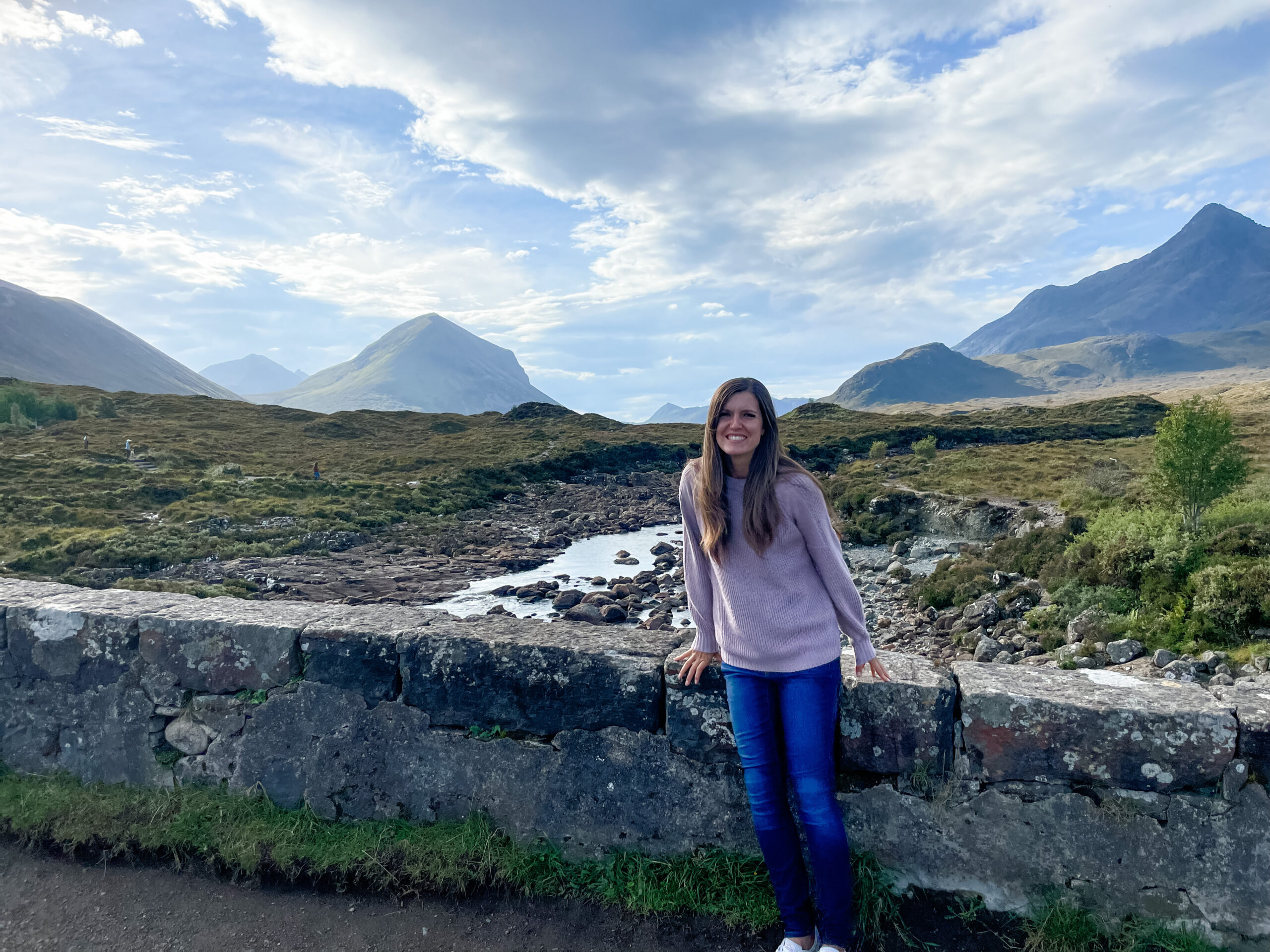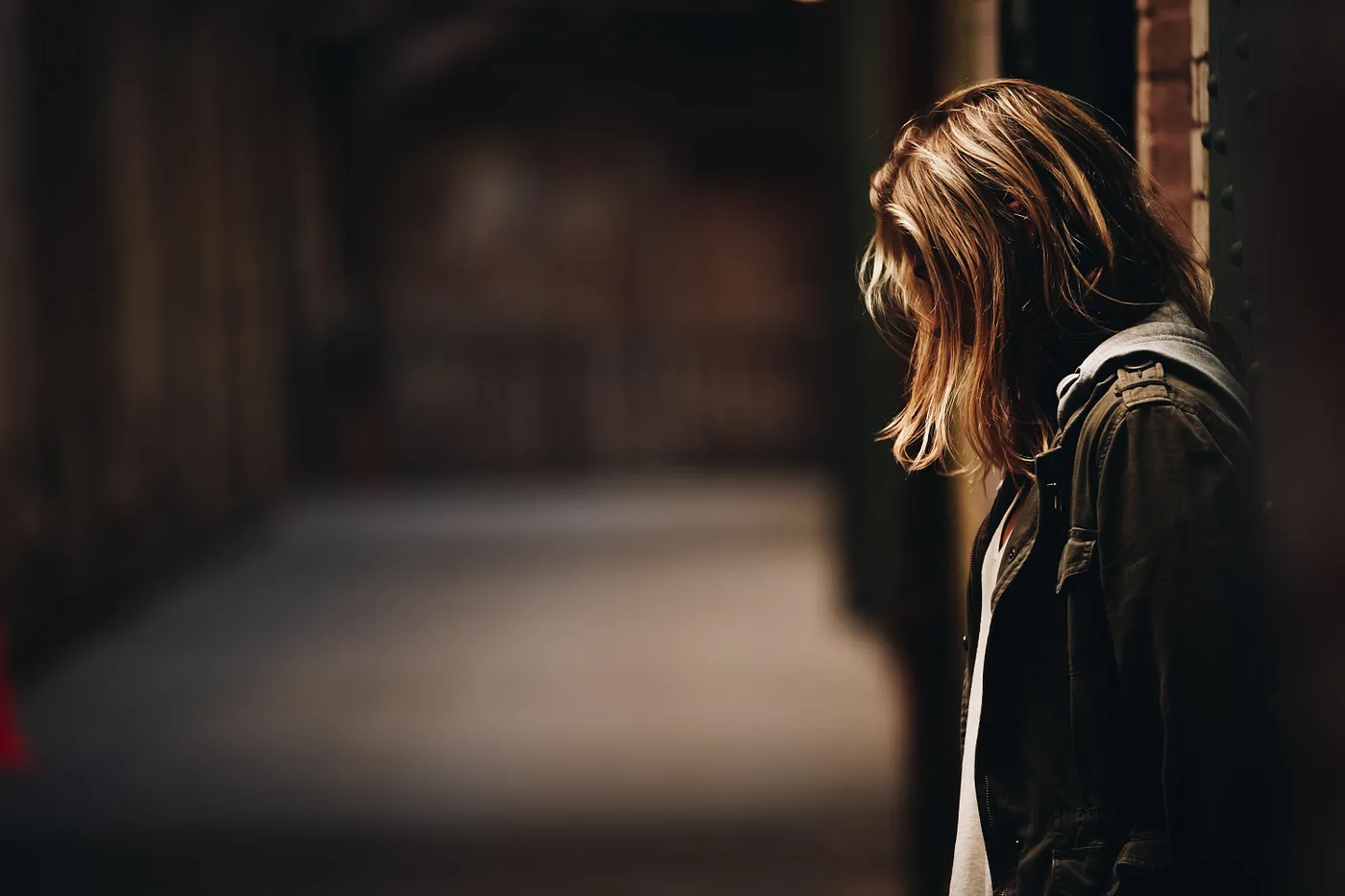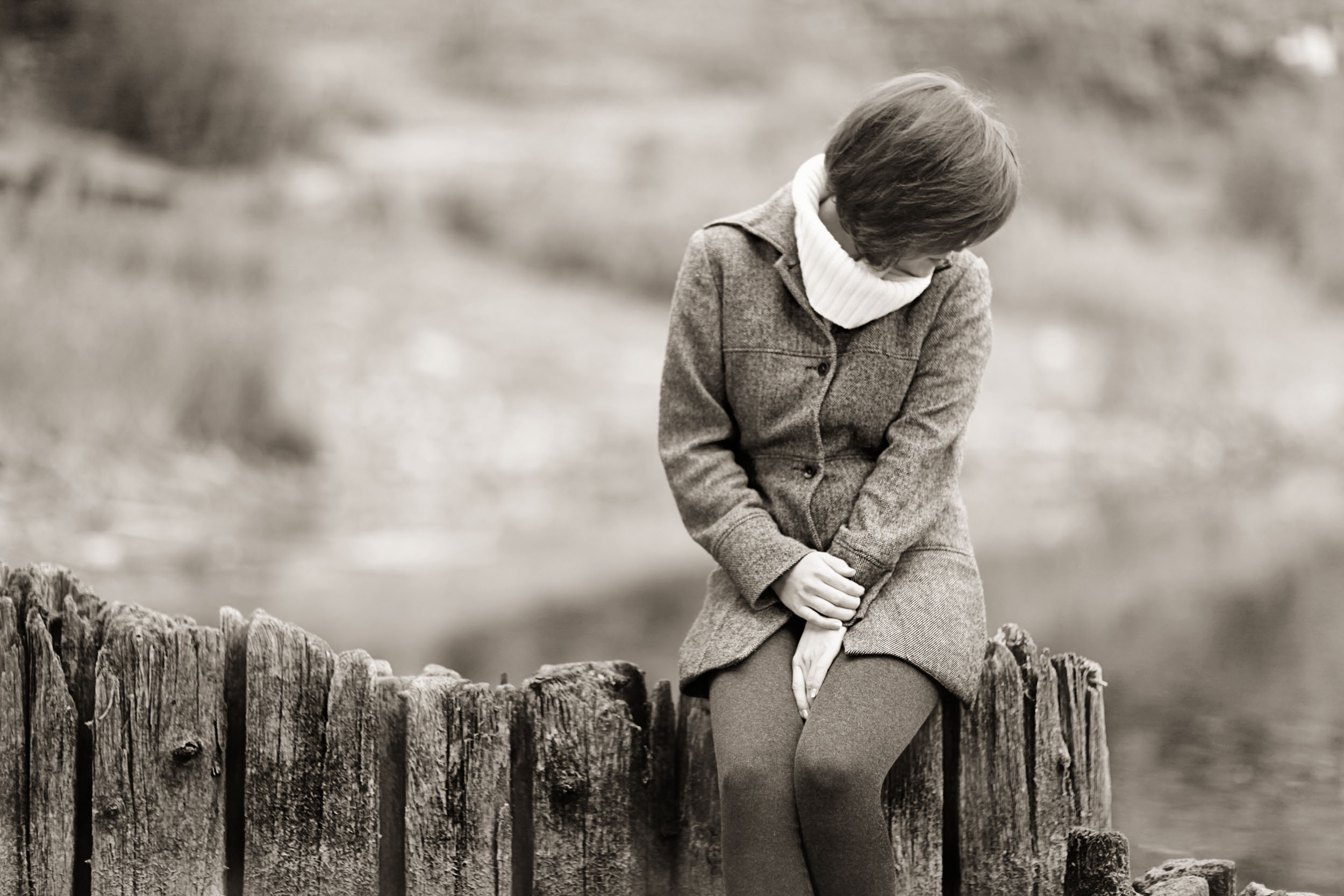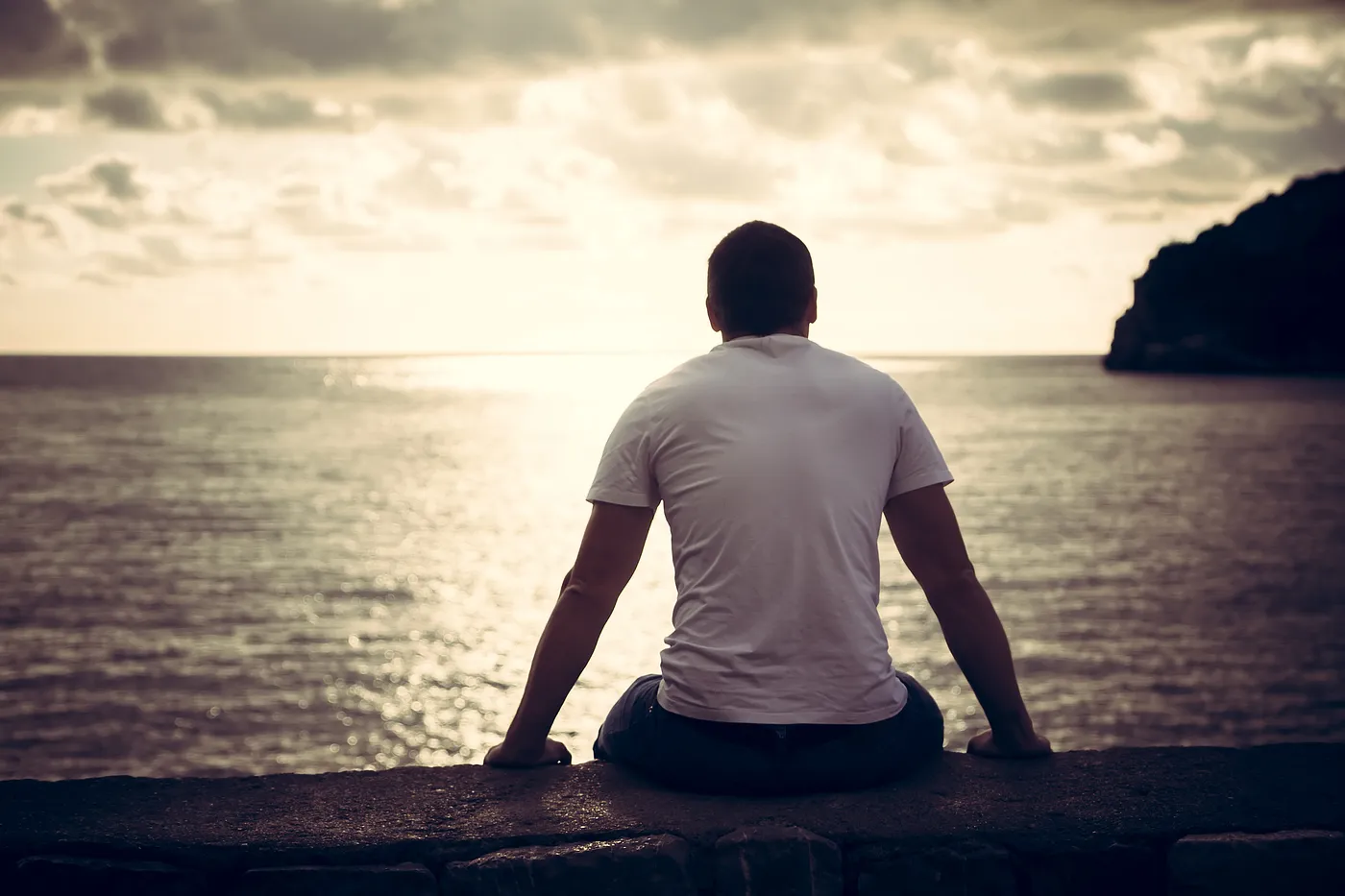I never thought I would become addicted to anything – opioids included.
I never smoked, drank alcohol, or touched anything that could be addictive to my body.
At that time in my life, I was a young, carefree 22-year-old girl, full of hope and excitement for the future and all it offered.
The next thing I knew, I was a 25-year-old woman, struggling to recover from an addiction to opioids I’d never planned on or thought would be part of my life.
Isn’t that how it seems to go?
How it all started
The year was 2010. I was living in New Zealand, doing missionary work for my church. I was set to return home to the U.S. in another three months, and life couldn’t be going better.
Then one day, my leg went numb.
While I could still walk, it was very unpleasant and frankly, alarming. I went to the doctors for tests, and an MRI revealed that my spinal cord had tethered to my lower back.
This wasn’t too crazy to me – I was born with a tethered spinal cord and had an operation when I was 6 weeks old to un-tether it. I went for yearly check-ups until I was 16 years old, but somehow, in the years between 16 and 22, my spinal cord decided to re-tether.
However, it was a problem. A problem that needed fixing.
So instead of staying out for another three months like I’d planned, I found myself on a plane home to the U.S.
My doctor scheduled the surgery shortly after I returned home, and, once the surgery was finished, I spent a week in the hospital recovering. I was heavily drugged during that time – I don’t remember most of it.
When I was discharged, I was still pretty out of it. I was sent home with oxycodone to manage the pain, but I was hurting so much that I really didn’t know what was going on.
Then the medicine ran out.
It lasted maybe 3 or 4 days? Not enough, that’s for sure, because when I no longer had heavy painkillers in my system, I was in agony.
Everything hurt: when the doctor did the surgery, he said a bunch of nerves were all tangled up in my spine. When he was all done and they woke me up, I was screaming in pain. They put me out one more time and cut me open again, finding that some of the nerves were still tangled.
So I don’t know who was in charge of my pain management post-surgery, but I do know that it wasn’t being managed.
The medicine ran out late at night, and when my dad saw how much I was suffering, he dropped his plans to drive me to the doctor’s office first thing in the morning.
The doctor took one look at me and wrote up a prescription for Vicodin. I didn’t know what Vicodin was – and I didn’t care. I just knew that I was in so much pain and I needed it to go away.
That was when I started taking opioids.
I took the Vicodin faithfully, determined to never feel that level of pain again.
Time passed, and slowly but surely, my back started to heal. I got the stitches out and was able to wear pants that weren’t scrubs after weeks of recovery, and things were looking up.
Two months post-surgery, I started to wonder why I was still taking heavy painkillers.
Although I didn’t know much about the drugs and their addictive properties, it just didn’t seem right that I was still taking a high dose of opioids multiple times a day.
I figured the pain had to be improving, right?
So I called the doctor up to have a chat. I told him how I was feeling, and expressed that I didn’t want to just keep taking these drugs indefinitely.
Imagine my surprise when he didn’t just disagree with me, he vehemently told me that my spine was not okay and wouldn’t be for a long time. He said that I still needed to be on Vicodin – and I couldn’t just stop taking it now. He told me if I did, I’d have problems.
This advice led to opioid addiction.
The next two years were full of trying to juggle school, pain, and occasional work. I made sure to carry the pills everywhere I went because when the effects of my previous dose started to wear off, the pain would start back up.
At least, what I thought was pain would start back up.
The side effects of opioids were awful, but in my mind, they didn’t compare to the intense pain that would come whenever I needed more medicine. So I put up with chronic constipation, stomach issues, panic attacks, extreme anxiety, depression, and occasional hysteria.
It got to the point where I knew the drugs weren’t good for me and I needed to get off of them, but I couldn’t. I didn’t know how, and I didn’t want to go through the pain that would surely come.
But then I encountered another problem with opioids.
If you’ve ever taken or known anyone who has taken opioids long-term, then you know that you can’t stay at the initial dose. It won’t provide the same effect it did at first, and to prevent pain and withdrawal, you have to increase your dose with time.
So I did the only thing I could think of to continue going on as I was – I went to another doctor. I got another prescription for Vicodin, and that way, I was able to take the higher dose my body needed to get the same effect.
I thought I was pretty clever, working the doctors like that. I eventually got one more prescribing Vicodin for me as well, which helped me keep the pain issues to a minimum.
But after going on this way for years, some of the doctors started to refuse to refill my prescriptions. They told me I was taking too much and needed to cut back – but didn’t offer help other than that.
I was stuck. I didn’t know what to do.
I couldn’t get off these drugs on my own. I was scared, because I knew if I didn’t have the pills, I would have horrible symptoms. I realized by then that the pain I felt wasn’t necessarily pain from my surgery over two years prior, and while I knew it was withdrawal pain, it was terrifying.
Who knows what would have happened if I didn’t have someone who cared about me enough to step in and help me get clean. My dad took the time to research the best tapering methods, study up on opioid withdrawals and the safest ways to get clean, then stepped in and helped me.
He didn’t force me to get clean and abandon my addiction – he gave me the choice. He told me he would help me if I wanted, but made sure that I knew I couldn’t keep going on the way I had been.
He saved me.
Because of my dad, I was able to get off opioids over the course of 4 months.
He made a plan to help me taper off safely, with the least amount of withdrawal pain possible. You can read about that exact plan here if you’d like. He held onto my medicine, giving me the amount I needed daily, and no more.
Those 4 months were hell – I’m not gonna lie.
I was either an emotionless shell of a person or I was a basket case: hysterical and hyperventilating.
It was a long road. Once the four months were over it took about another year to feel normal again, and another year after that until I could say I truly felt “good” again.
But I am so grateful, every single day, that I was able to overcome my addiction. I’m grateful I was able to escape the grasp opioids had on me – because their grip is strong like I never would have believed.
There are so many stories out there of opioids destroying people’s lives. Of them being prescribed opioids, struggling silently through the intense addiction and pain they cause, then seeking relief in the form of illegal drugs when doctors refuse to give them the amount they need to continue on with their lives.
Opioid addicts need our help – now, more than ever.
They don’t need us to judge them. Or look at them and think that they need to be stronger.
They need compassion – for someone to realize how intensely they’re struggling. To realize that most can’t get off the drugs on their own, and sadly, many medical professionals don’t provide the help they need.
They need a voice. For people to speak up and support them, and for doctors to take responsibility when they write up a prescription for addictive substances.
They need to know that opioids don’t have to control them – that there is hope.




